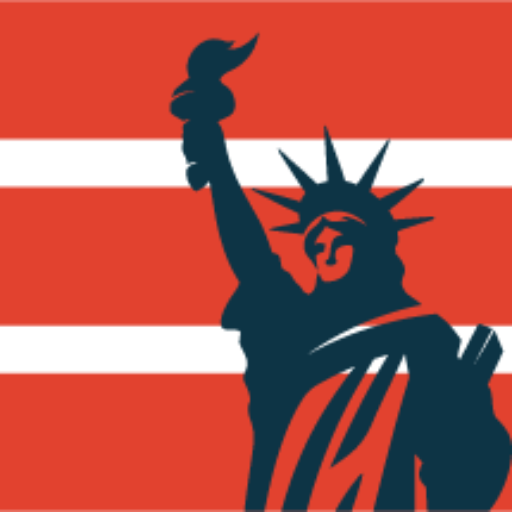
Armed military personnel have taken to the streets of Kathmandu, Nepal, as authorities impose an indefinite curfew in response to a significant surge in protests. This unrest follows the resignation of Prime Minister KP Sharma Oli, amid heightened social tensions surrounding economic grievances and governmental accountability.
On September 10, 2025, the Nepali army implemented measures to ensure public safety, instructing residents to remain indoors while personnel conducted checks on vehicles and individuals. This move was deemed necessary amidst widespread demonstrations characterized by calls for transparency and justice. The unrest initially ignited by a proposal to limit access to popular social media platforms has quickly morphed into a broader expression of public frustration, particularly surrounding rampant corruption and high unemployment rates.
According to reports, security forces clashed with protesters starting on the previous Monday when a violent confrontation resulted in the deaths of 19 demonstrators and left hundreds injured. The growing crowds, often numbering in the tens of thousands, have bravely taken to the streets of the capital, voicing their discontent and demanding institutional reforms. These protests mark one of the most notable displays of civic engagement seen in Nepal in decades.
In the face of these challenges, Army spokesman Raja Ram Basnet sought to reassure the public, stating the military’s commitment to safeguarding citizens and maintaining order. Despite these efforts, the army’s presence has thus far failed to quell the unrest, as demonstrators have continued to obstruct roads and disrupt governmental processes, including a significant protest that targeted key political buildings.
The collective action reflects deep-seated frustrations stemming from not just governmental policies but also the visible disparity between the lifestyles of political elites and the struggles faced by the average citizen. Reports from the World Bank indicate an unemployment rate nearing 11 percent, which has driven many Nepalese to seek employment opportunities abroad.
As the political landscape continues to shift, the resignation of multiple cabinet members, including the Home Minister and Agriculture Minister, signals significant upheaval. President Ram Chandra Poudel has called for calm and urged demonstrators to seek peaceful solutions, emphasizing the importance of preserving national stability.
Concerns regarding the potential implications of these protests extend beyond Nepal’s borders, drawing attention from regional governments who are wary of the effects on stability in South Asia. Meanwhile, neighboring China has expressed its hope that Nepal can effectively navigate these domestic challenges and restore order, reflecting its vested interests in the region.
Amid the upheaval, the resilience and active participation of Nepalese citizens in advocating for democratic reforms and accountability underscore a strong cultural commitment to justice and civil rights. As the situation evolves, the eyes of the world remain on Kathmandu, observing how this vibrant, youthful movement may shape the future of governance in Nepal.
#PoliticsNews #WorldNews

